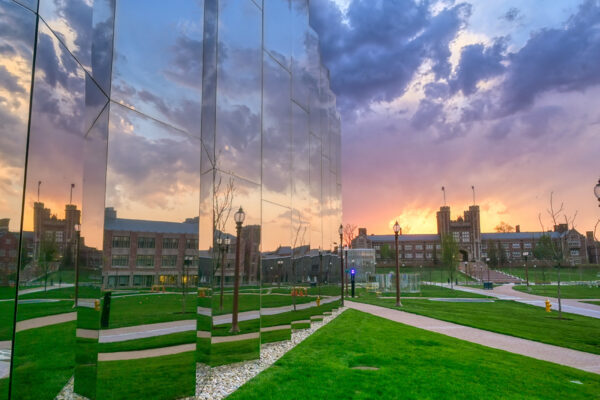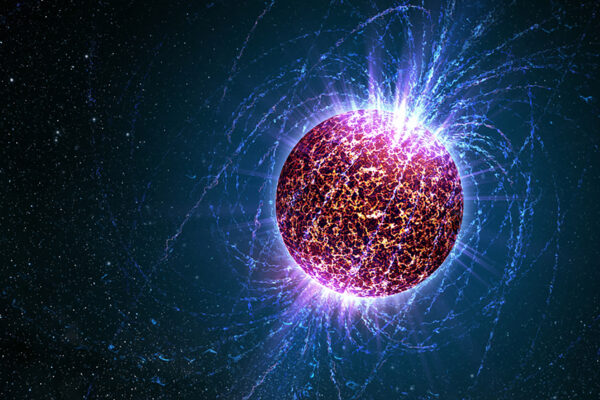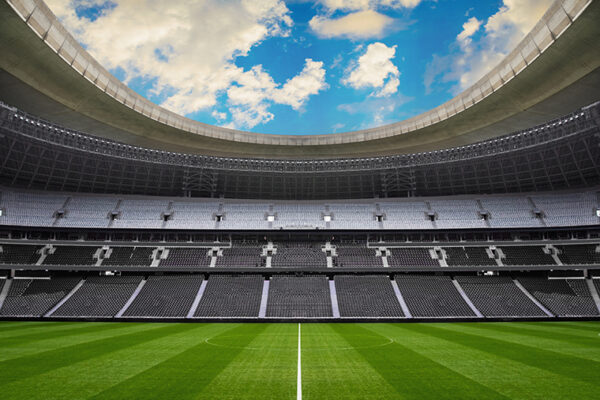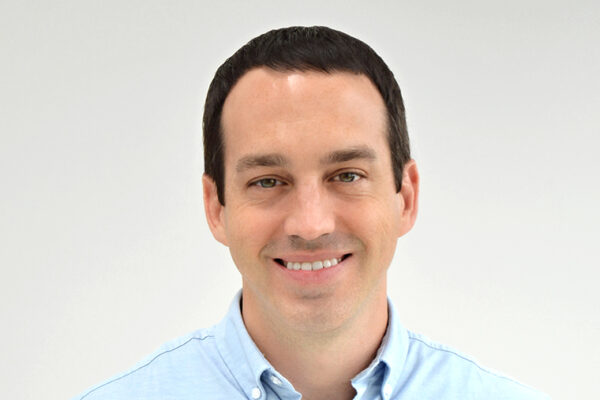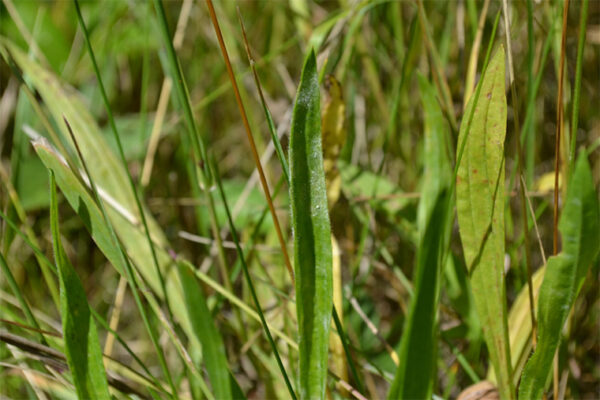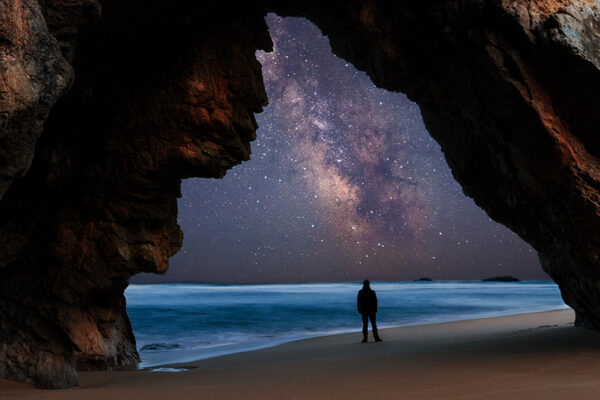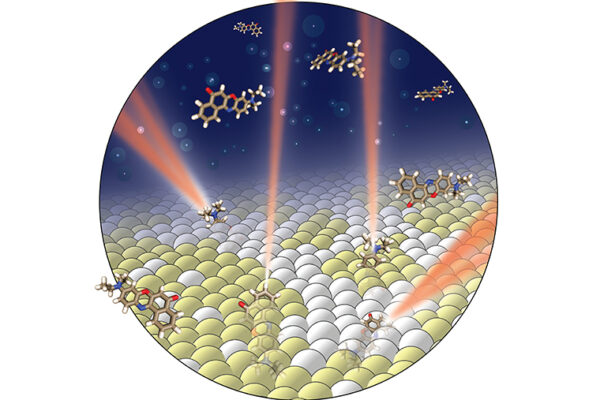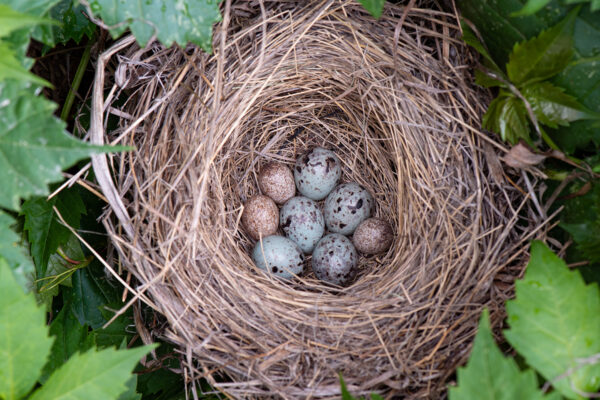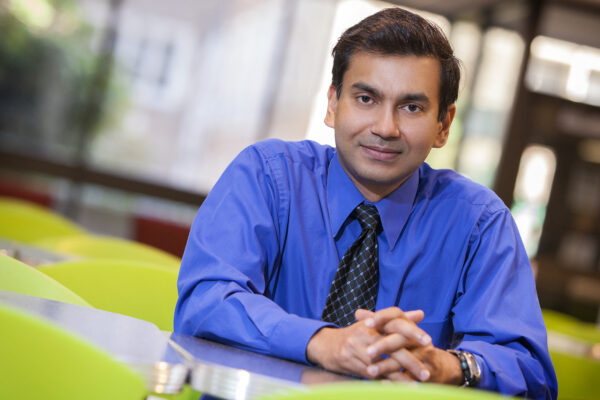University reaches major sustainable building milestone
Five buildings on the Danforth Campus at Washington University in St. Louis just achieved LEED Platinum certification from the U.S. Green Building Council. It’s the council’s highest green building certification and a clear indication of the university’s deep commitment to campus sustainability.
Looking skin deep at the growth of neutron stars
Researchers from physics and chemistry in Arts & Sciences at Washington University in St. Louis leveraged data from nuclear scattering experiments to make stringent constraints on how neutrons and protons arrange themselves in the nucleus. Their predictions are tightly connected to how large neutron stars grow and what elements are likely synthesized in neutron star mergers.
Take me back to the ballgame — and other sports venues
A new tool using math has been designed to help sports franchises keep the fan experience at stadiums and arenas the safest it can be in this era of COVID-19. The formula was developed in part by John E. McCarthy, the Spencer T. Olin Professor of Mathematics in Arts & Sciences and chair of the Department of Mathematics and Statistics at Washington University in St. Louis.
Barnes selected as 2020 American Chemical Society Young Investigator
Jonathan Barnes, assistant professor of chemistry in Arts & Sciences, was selected as one of 15 Young Investigators by the American Chemical Society’s Division of Polymeric Materials: Science and Engineering. The selection recognizes Barnes’ excellence in polymer research and marks him as an emerging leader in the field.
Once infected, twice infected
Biologist Rachel Penczykowski in Arts & Sciences conducted a series of elegant experiments that capture how pathogen strains naturally accumulate on plants over a growing season. Her findings, reported in Nature Ecology & Evolution, reveal the importance of understanding interactions among pathogens when developing strategies for maintaining healthy crop populations.
Meteorite study suggests Earth may have always been wet
A new study finds that Earth’s water may have come from materials that were present in the inner solar system at the time the planet formed — instead of that water being delivered by far-reaching comets or asteroids. The research co-authored by physicist Lionel Vacher in Arts & Sciences at Washington University in St. Louis is published Aug. 28 in Science.
COVID-19 human milk studies should continue without stopping breastfeeding, researchers say
It is not easy to conduct human milk research during a pandemic. Yet despite the consistent lack of quality evidence for transmission of viral RNA from breast milk, some leaders are pushing ahead by altering public health and clinical practice guidance, according to E.A. Quinn, associate professor of biological anthropology in Arts & Sciences at Washington University in St. Louis.
Using light’s properties to indirectly see inside a cell membrane
Using properties of light from fluorescent probes is at the heart of a new imaging technique developed at Washington University’s McKelvey School of Engineering that allows for an unprecedented look inside cell membranes.
Meet the hedge fund managers of avian world
Carlos Botero, assistant professor of biology in Arts & Sciences at Washington University in St. Louis, finds that parasitic birds living in more variable and unpredictable habitats tend to hedge their bets by laying eggs in the nests of a greater variety and number of hosts. The study is published Aug. 21 in Nature Communications.
Bridging the neuron-to-network gap
The McKelvey School of Engineering’s Shantanu Chakrabartty has recently been awarded a $380,000 NSF grant to address a persistent problem when it comes to recreating these neuronal networks in silicon: energy efficiency.
Older Stories
